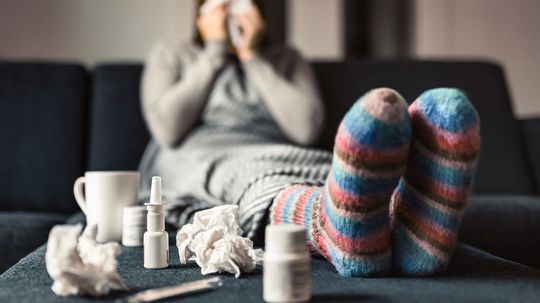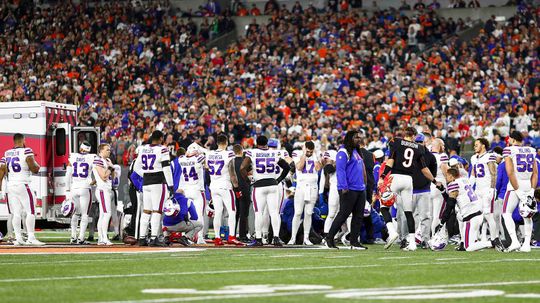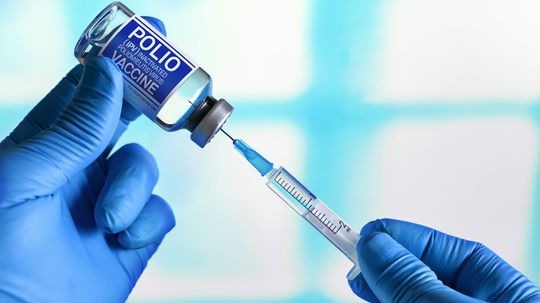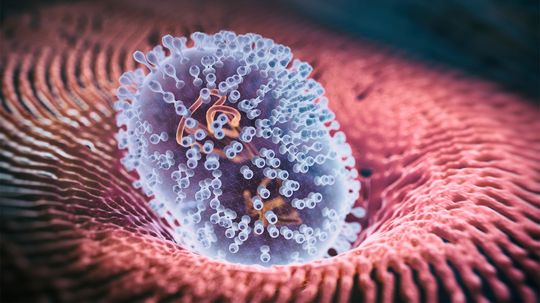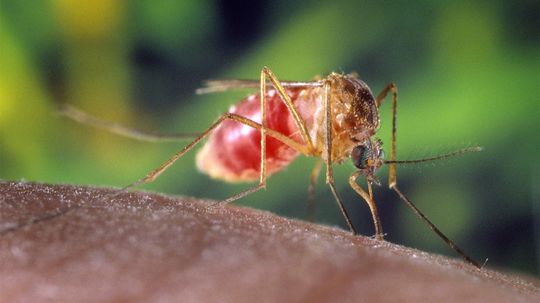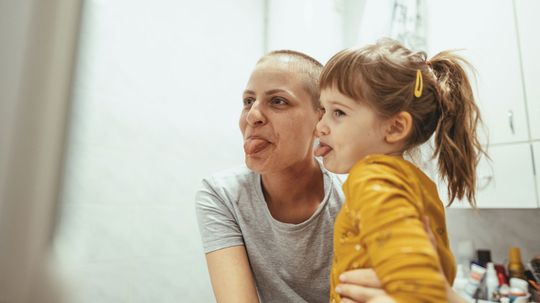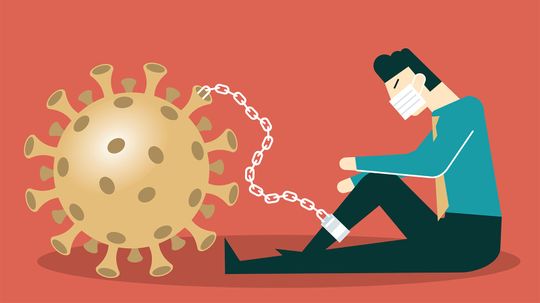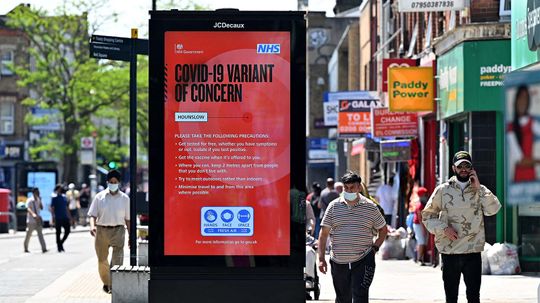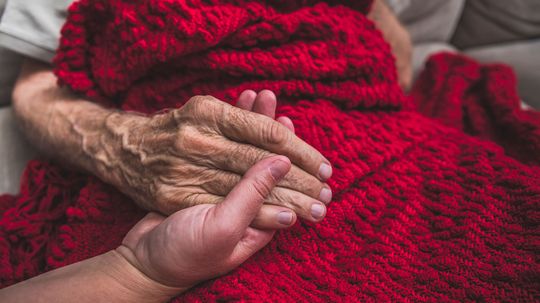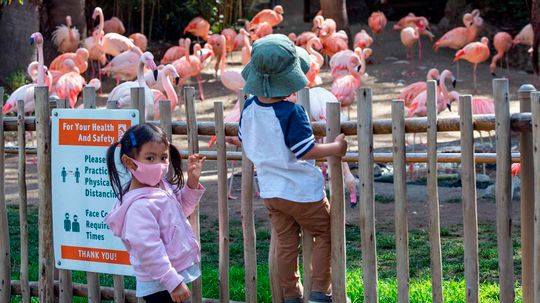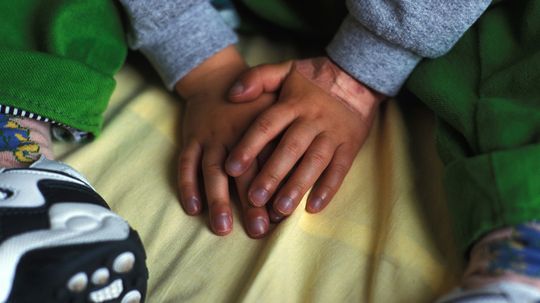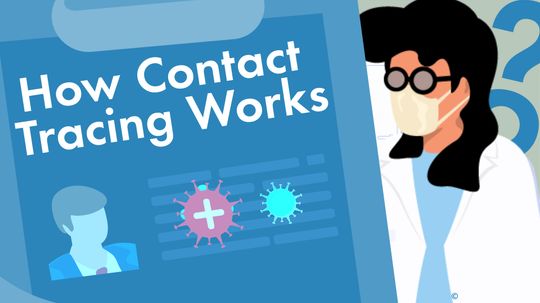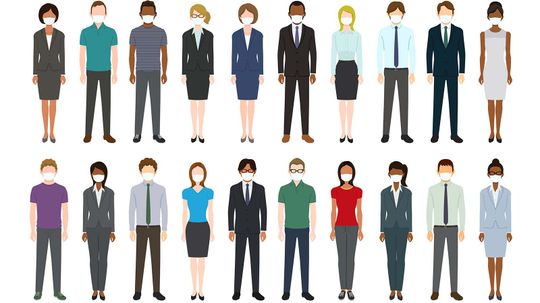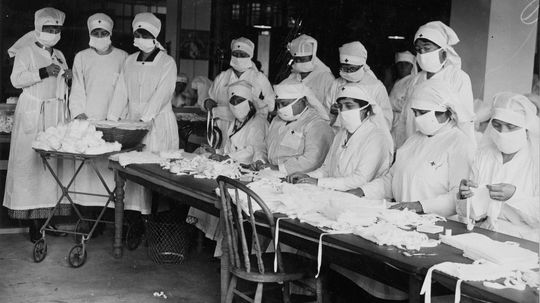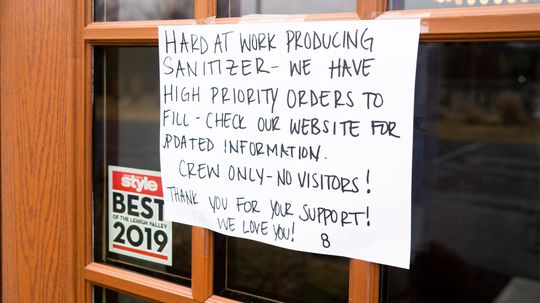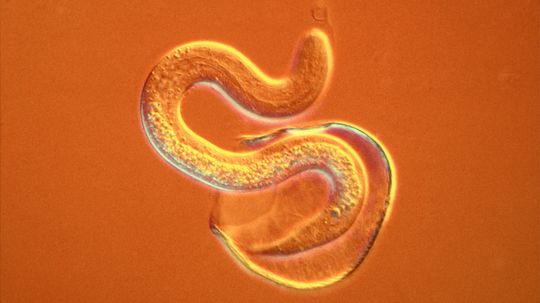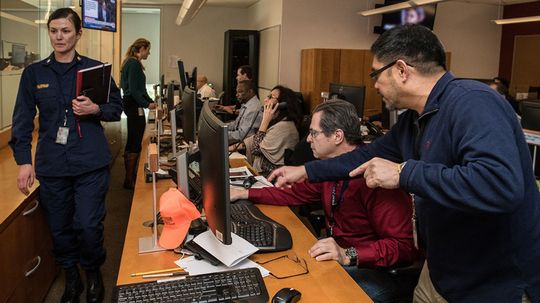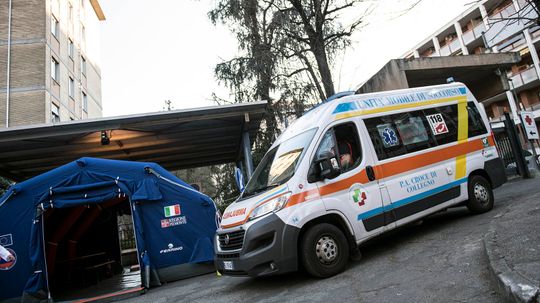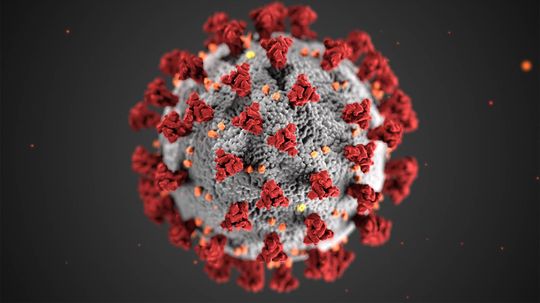Diseases and Conditions
Know how to prevent, treat and control the symptoms of various diseases and medical conditions. We explain what's happening in your body when disease strikes, and what you can do to feel better faster.

Can Pollen Allergies Make You Tired?
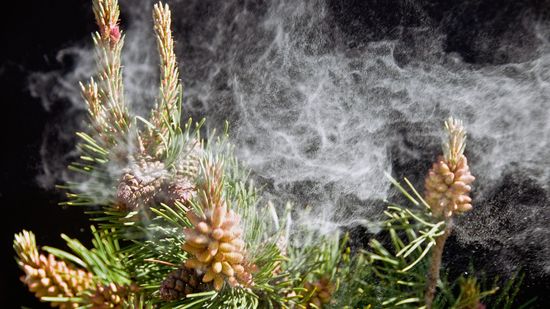
The Science Behind the Pollen Count

Why There Is So Much Confusion About Who Has Food Allergies
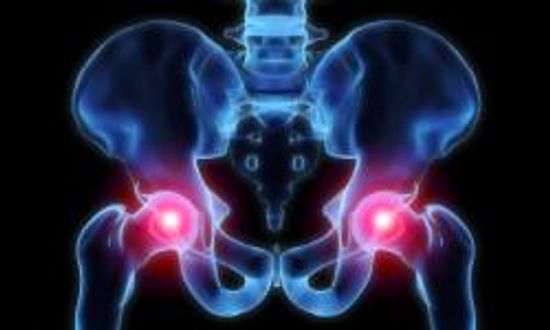
Are there stretches you can do for osteoarthritis of the hip?

How do you cope with multi-level degenerative osteoarthritis?

Do You Need to Have a Positive Attitude to Beat Cancer?
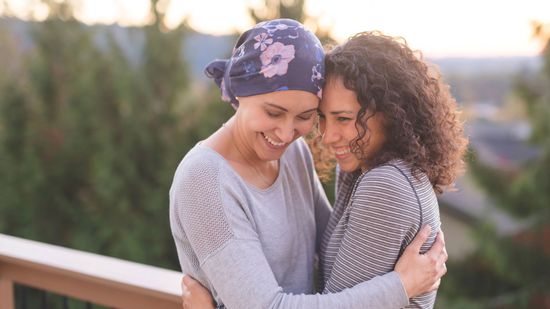
8 Thoughtful Ways to Help a Loved One Going Through Chemo

Why Is Pancreatic Cancer So Deadly?

What's the Difference Between Cardiac Arrest and a Heart Attack?

How the Graphene Blood Pressure Tattoo Will Change Monitoring
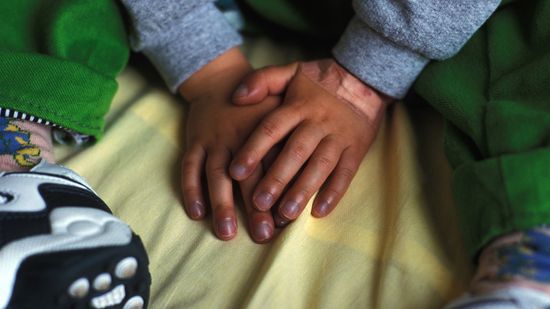
Cyanosis: Why Your Fingers Turn Blue
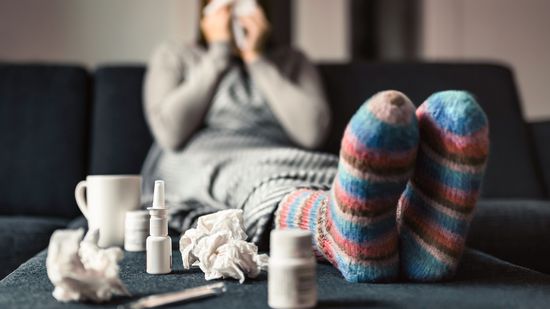
What's the Worst Day of Common Cold Symptoms?
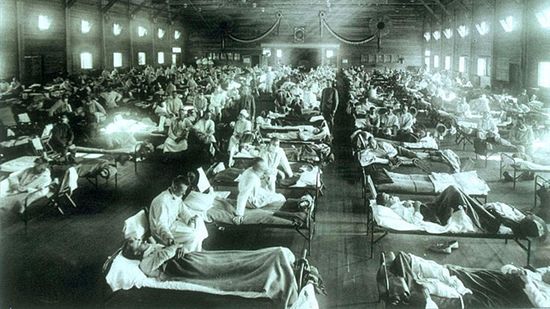
The 1918 Spanish Flu Killed Millions — and Experts Fear It Could Happen Again
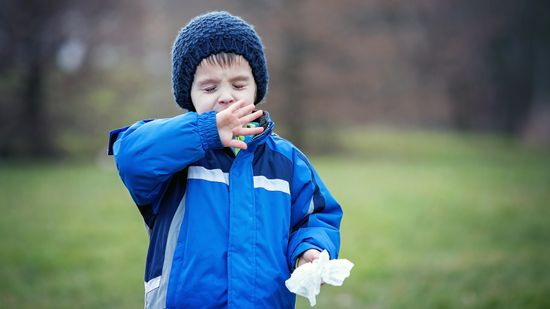
Can the Change in Temperature Really Make You Sick?
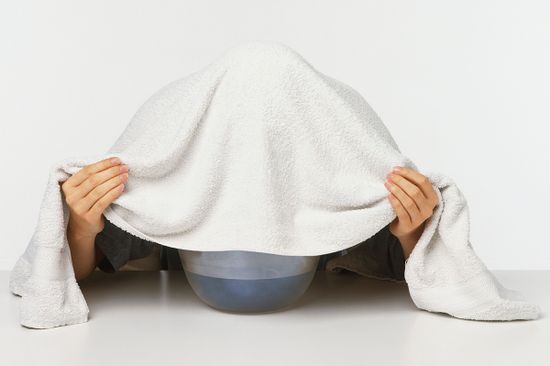
10 Tips for How to Relieve Sinus Pressure
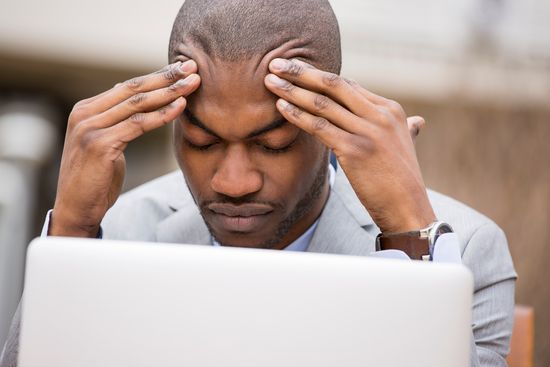
4 Occupations Prone to Sinus Trouble
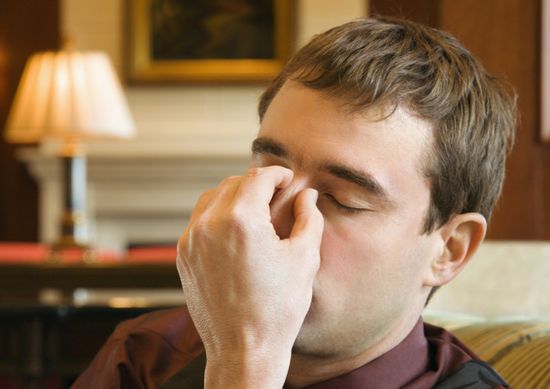
Understanding Sinus Congestion

How does your body know when to secrete insulin?

Yeast Overgrowth

How to Cure A UTI Naturally

Urinary Tract Infection Lifestyle Tips

Urinary Tract Infection Prevention

The Curse of Brewing Beer in Your Own Belly
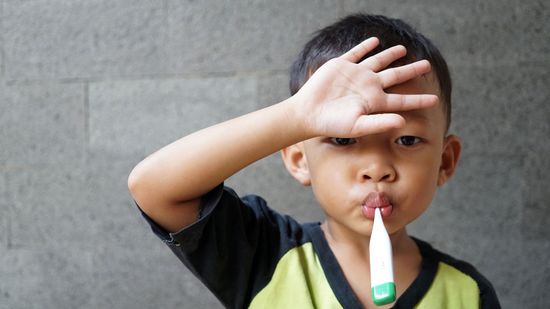
Is the BRAT Diet Still Beneficial?

Crazy Common Things People Swallow (That They Shouldn't)

Why Your Baby Could Be Giving You Mommy Thumb

How Whole-Body Cryotherapy Works

How to Relieve Sciatic Nerve Pain
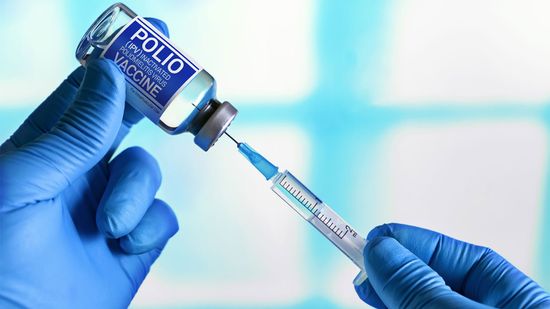
Is Polio Back? Here's What You Need to Know
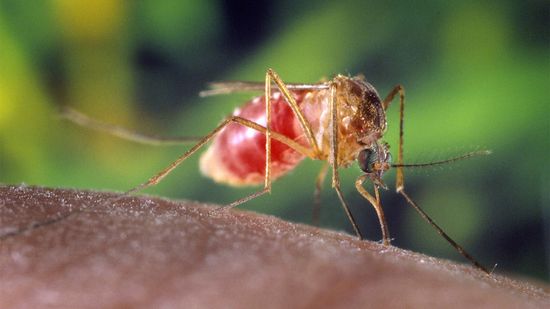
Can Viruses Make You Smell More Attractive to Mosquitoes?
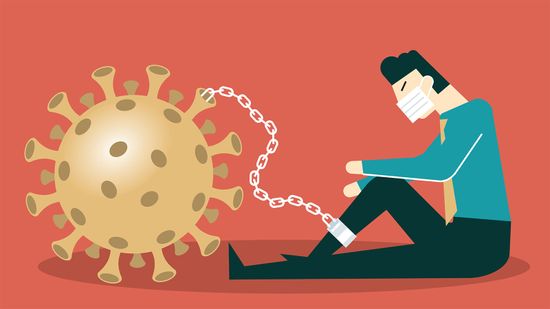
1 in 3 Who Had COVID-19 Have Long COVID Symptoms, Says Oxford Study
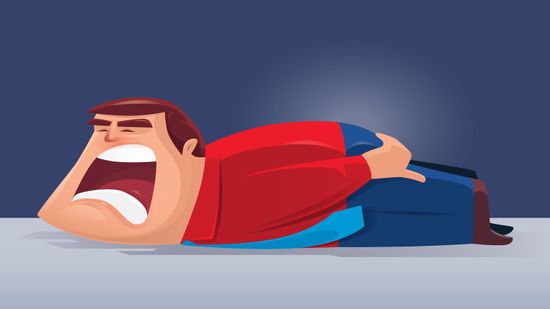
No Joke: Dead Butt Syndrome Is a Real Pain

What the Heck is Tech Neck? How Millennials Could Be the Wrinkliest Generation
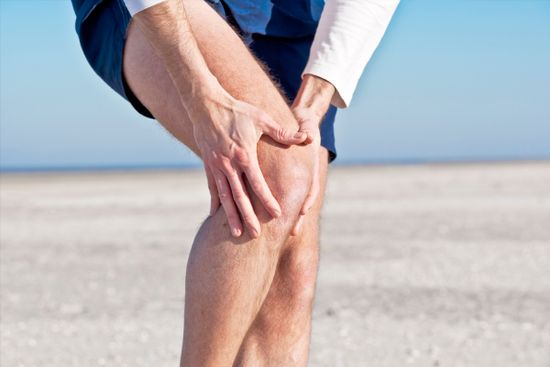
Can you really get a bone infection?

Monkeypox Is a Global Health Emergency, But Don't Panic Yet
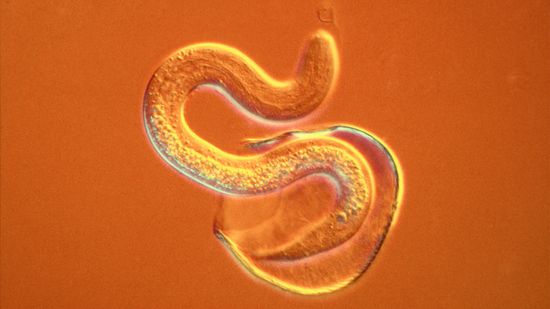
Nematodes: Do We Still Need to Worry About Roundworms and Bare Feet?

Scurvy: The Scourge of the High Seas Remains at Large Today

Monkeypox Confirmed in the U.S. and Europe. What You Need to Know
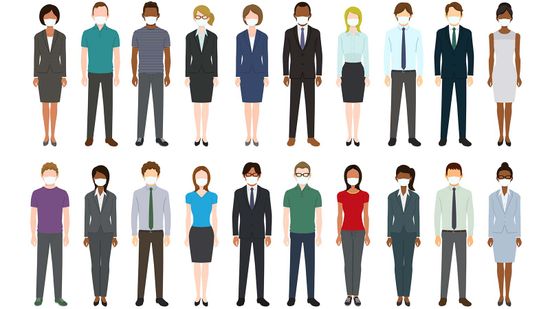
How to Clean and Store Your Cloth Face Mask

How Anosmia, or 'Smell Blindness,' Can Help Pinpoint COVID-19
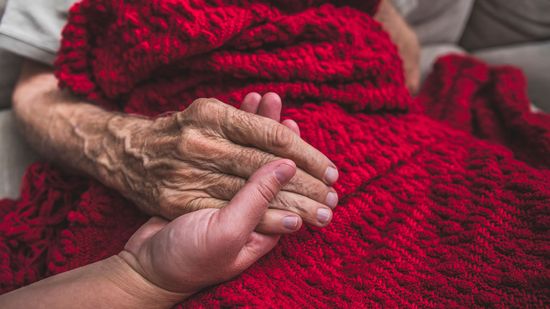
Do People Really Die of Old Age?

The Sarco Suicide Pod: Controversial or Compassionate?
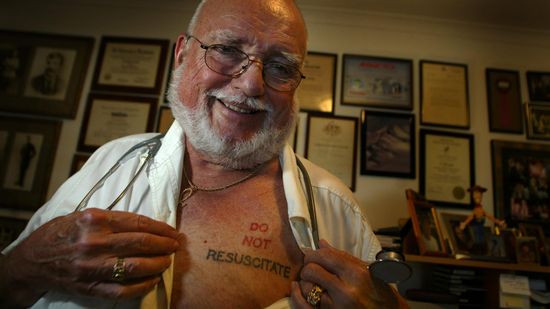
Telling Doctors Not to Resuscitate, by Tattoo
Learn More
If you are wondering about worst day of common cold symptoms, you're probably feeling under the weather and wondering when the miserable feeling will end.
We often use the terms heart attack and cardiac arrest interchangeably. But these are two different conditions. How can you tell one from the other?
Continuous monitoring of blood pressure instead of the static, one-time reading provided by a cuff is a medical holy grail and scientists have, for the first time, come up with a graphene tattoo that will provide it.
Advertisement
Is polio making a comeback in the United States and, if so, are you at risk? We talk to a doctor, who says that vaccination is key.
The director-general of the World Health Organization declared monkeypox a public health emergency of international concern July 23, 2022. So, what exactly does that mean?
Viruses can alter a person's body odor to make it more attractive to mosquitoes, leading to more bites, which, in turn, allow a virus to spread.
By Penghua Wang
Friends often tell cancer patients to "stay positive" in order to beat the disease. But is there any scientific proof that positivity helps with cancer survival? And can positivity have a dark side?
By Alia Hoyt
Advertisement
If a friend or relative is undergoing chemotherapy, you want to help them but may not be sure of the best way to do so. Here are eight great ideas that almost any patient will appreciate.
By Alia Hoyt
Who gets long COVID and why still remains a mystery, but several new studies are showing it's much more widespread than we initially thought. So what is long COVID and how can it be treated?
What in the world is monkeypox, and should Americans be worried about another contagious virus spreading across the U.S. and Europe?
The wildly contagious delta coronavirus variant now accounts for more than 80 percent of cases in the United States. Does it pose a threat to eliminating COVID-19 across the globe?
Advertisement
Queen Elizabeth II's death certificate listed her cause of death as"old age." But what does that really mean? Can old age kill you?
By Alia Hoyt
It's been a year since the World Health Organization officially declared the novel coronavirus a global pandemic. The last 12 months have been truly historic and life-changing in ways that we may not even yet recognize.
By John Donovan
It might be OK for a Smurf to have blue fingers, but for the rest of us, it's something you don't want to see. Cyanosis is usually a sign of a bigger health problem.
By Alia Hoyt
New parents - especially new moms - are prone to an ailment known as mommy thumb. It's painful and real, but what is it and how is your baby causing it?
Advertisement
Many health experts are gravely concerned about how the massive protest crowds, chanting and especially use of tear gas could accelerate the spread of coronavirus.
Learn the steps of contact tracing, one critical way that public health officials stop viruses like COVID-19 from spreading, in this HowStuffWorks video.
Wearing some sort of face mask is more important than ever now to protect you and others from coronavirus. But how do clean and safely store it?
Despite strict closing and mask orders, San Francisco was hit hard by the 1918-1919 influenza pandemic. But some residents balked at the rules and that meant more people died.
By John Donovan
Advertisement
As COVID-19 rages around the world, distilleries quickly ramp up the switch from booze to hand sanitizer in an all-out effort to curb the spread.
By Jeremy Glass
When you were a kid, your mom probably told you not to go around barefoot because you could get worms. But are nematodes still a problem today?
By Alia Hoyt
Anosmia, or the loss of the ability to detect one or more smells, is a common symptom of upper respiratory viral infections. It might also be a way to tell if you have novel coronavirus.
The World Health Organization just declared the coronavirus a full-blown pandemic. What does that even mean, and how is that different from an epidemic?
By Sarah Gleim
Advertisement
You've probably heard the word "quarantine" a lot in relation to the coronavirus. But how is it different from patient isolation?
More than a year has passed since a new strain - SARS-CoV-2 - emerged in China and rapidly spread across the globe, infecting more than 90 million and killing more than 2 million. What has - and hasn't - changed since then?
By Sarah Gleim
